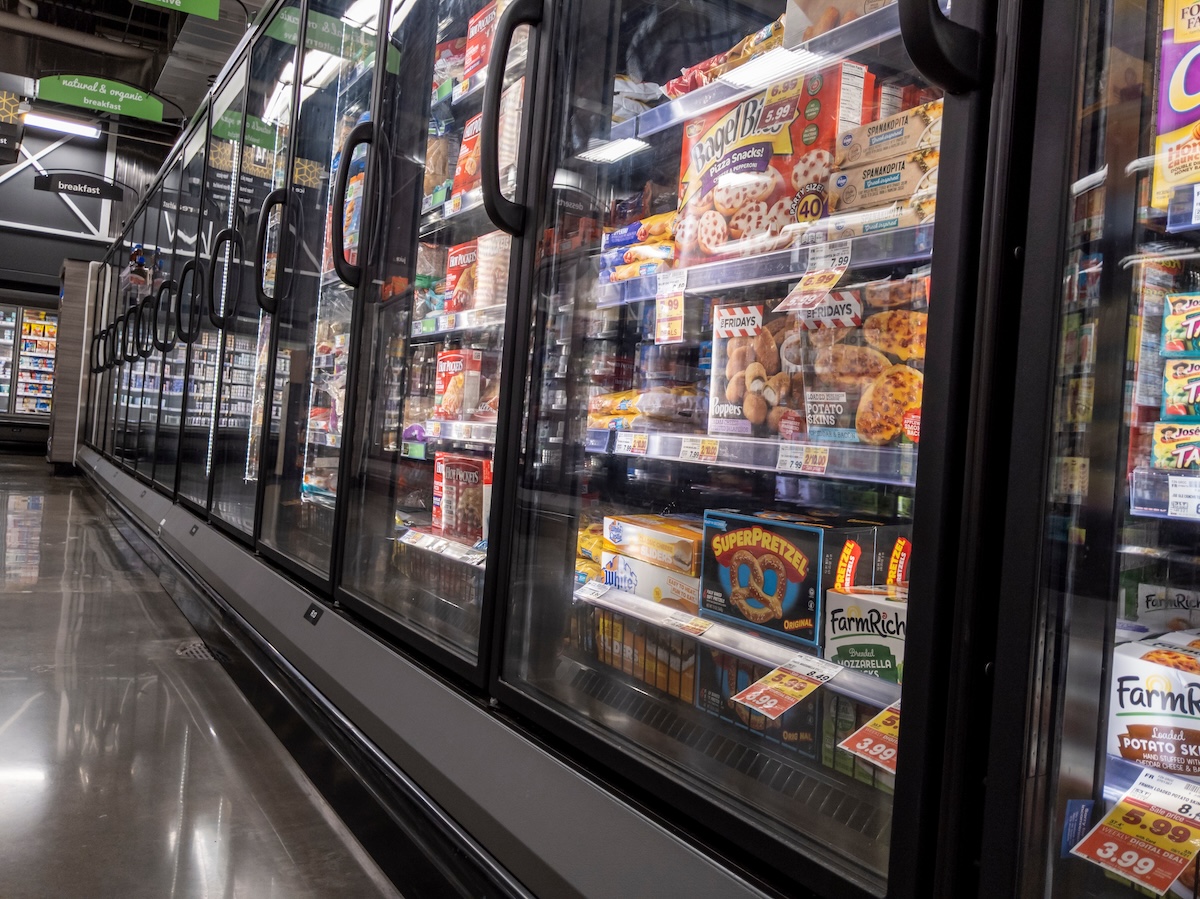Mornings are busy – between getting ready, managing family routines, and making it out the door on time, breakfast can easily become an afterthought. That’s where frozen breakfasts step in: quick, convenient, and often surprisingly tasty. But are they truly a healthy choice? The answer is yes – if you know what to look for.
The Right Nutrition Balance
A balanced breakfast should have:
- 40–50% of calories from carbohydrates for steady energy,
- 20–30% from protein to help keep you full, and
- 20–30% from healthy fats to support metabolism and brain function.
When browsing the freezer aisle, look for options that meet these proportions — not just the lowest-calorie or highest-protein option.

What Makes a Frozen Breakfast “Healthy”?
Frozen doesn’t have to mean unhealthy. The best options include whole grains, lean proteins, and vegetables – yes, even at breakfast! Here’s what to check for on the label:
- Protein: At least 15–20 grams per serving. Look for egg-based dishes, turkey sausage, tofu scrambles, or Greek yogurt bowls.
- Fiber: At least 3–5 grams, from oats, quinoa, or whole-grain wraps.
- Sodium: Less than 500 mg per serving (many frozen meals sneak in extra salt).
- Vegetables: At least one visible serving – think spinach, bell peppers, broccoli, or mushrooms.
Dietitian-Approved Frozen Breakfast Picks
For a complete meal, choose a bowl, burrito, or sandwich:
Brands like Amy’s or Evol offer egg-based bowls with spinach, black beans, and sweet potatoes. These options below contain a bit of carbohydrates, healthy proteins, not too much fat, and a nice sprinkle of veggies.
- Sweet Earth ‘Big Sur Breakfast Burrito,’
- Sweet Earth ‘Farmstand Breakfast Sandwich,’
- Sweet Earth Protein Lover’s Breakfast Bowl,
- Good Food Made Simple 'Southwestern Veggie Burrito,'
- Evol ‘Egg White and Spinach Burrito’
- Evol ‘Egg and Green Chile Burrito’

Frozen food pairings:
While not a complete meal by themselves, frozen waffles made with whole grains (like Kodiak Cakes) can be paired with frozen egg/veggie muffin bites (like Veggies Made Great brand) for a large, satisfying, and balanced meal.

Tips for Making Frozen Breakfasts Even Better
- Hydrate: Don’t forget your morning water or tea – it helps digestion and energy.
- Boost fiber: Pair with a side of berries or sprinkle flaxseed on top.
Bottom Line
Frozen breakfasts can absolutely be part of a healthy routine. When chosen wisely, they offer balanced nutrition, time savings, and an easy way to start the day strong – especially when they include vegetables. Think of them not as shortcuts, but as smart tools for sustainable healthy habits.



